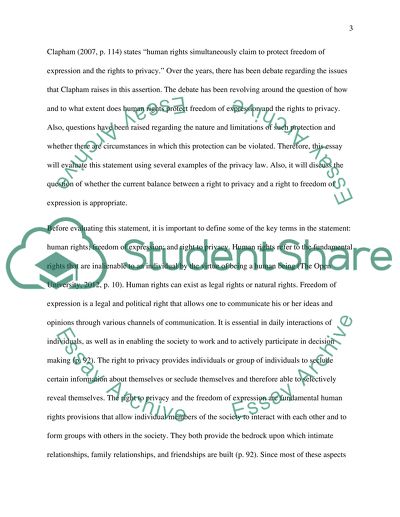Cite this document
(“Human Rights Case Study Example | Topics and Well Written Essays - 1500 words”, n.d.)
Human Rights Case Study Example | Topics and Well Written Essays - 1500 words. Retrieved from https://studentshare.org/law/1456103--human-rights-
Human Rights Case Study Example | Topics and Well Written Essays - 1500 words. Retrieved from https://studentshare.org/law/1456103--human-rights-
(Human Rights Case Study Example | Topics and Well Written Essays - 1500 Words)
Human Rights Case Study Example | Topics and Well Written Essays - 1500 Words. https://studentshare.org/law/1456103--human-rights-.
Human Rights Case Study Example | Topics and Well Written Essays - 1500 Words. https://studentshare.org/law/1456103--human-rights-.
“Human Rights Case Study Example | Topics and Well Written Essays - 1500 Words”, n.d. https://studentshare.org/law/1456103--human-rights-.


